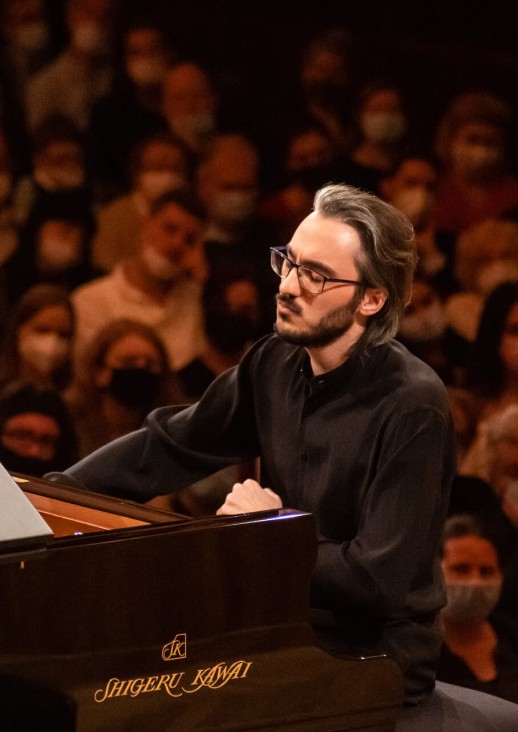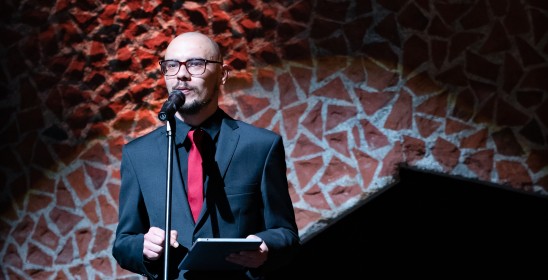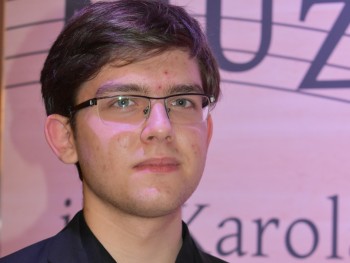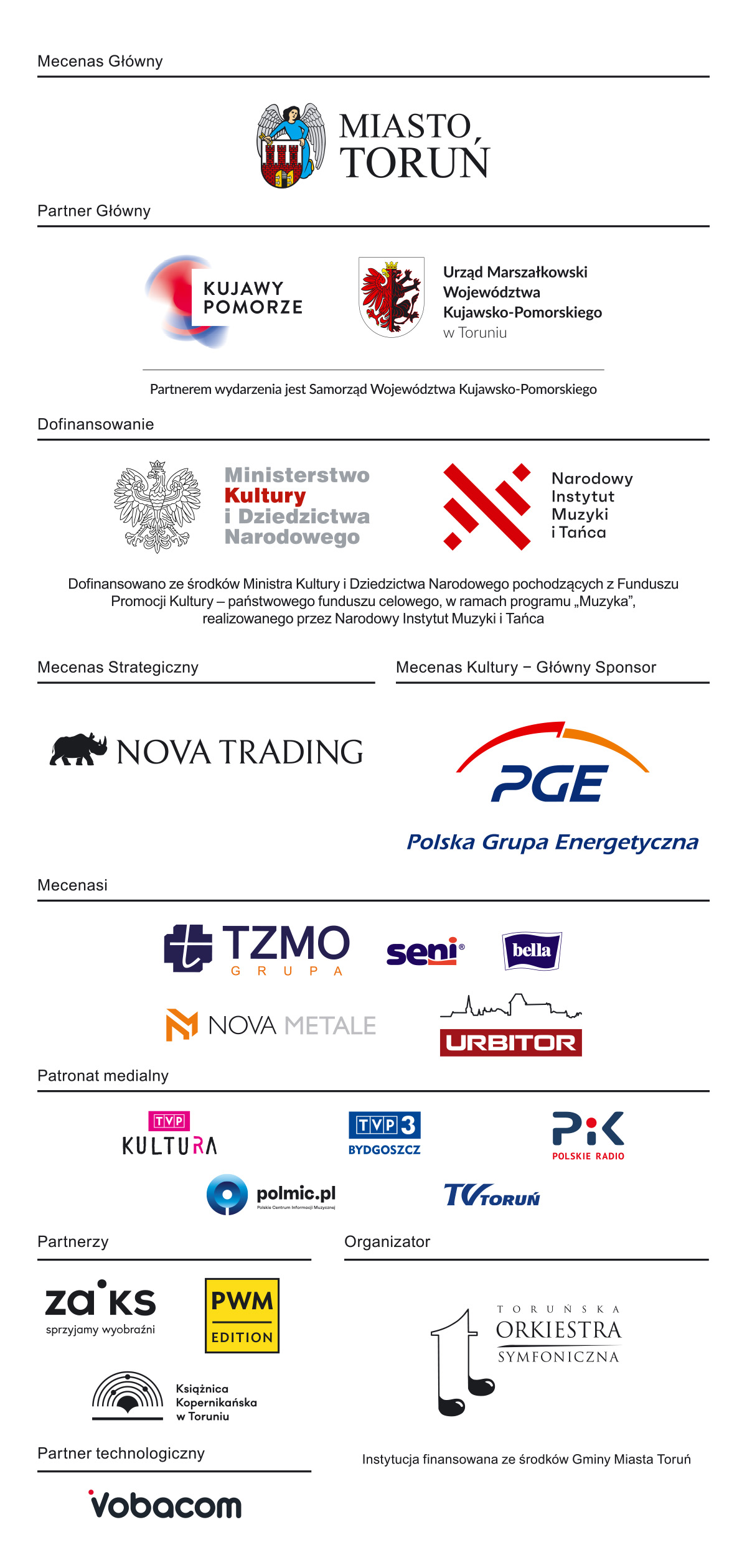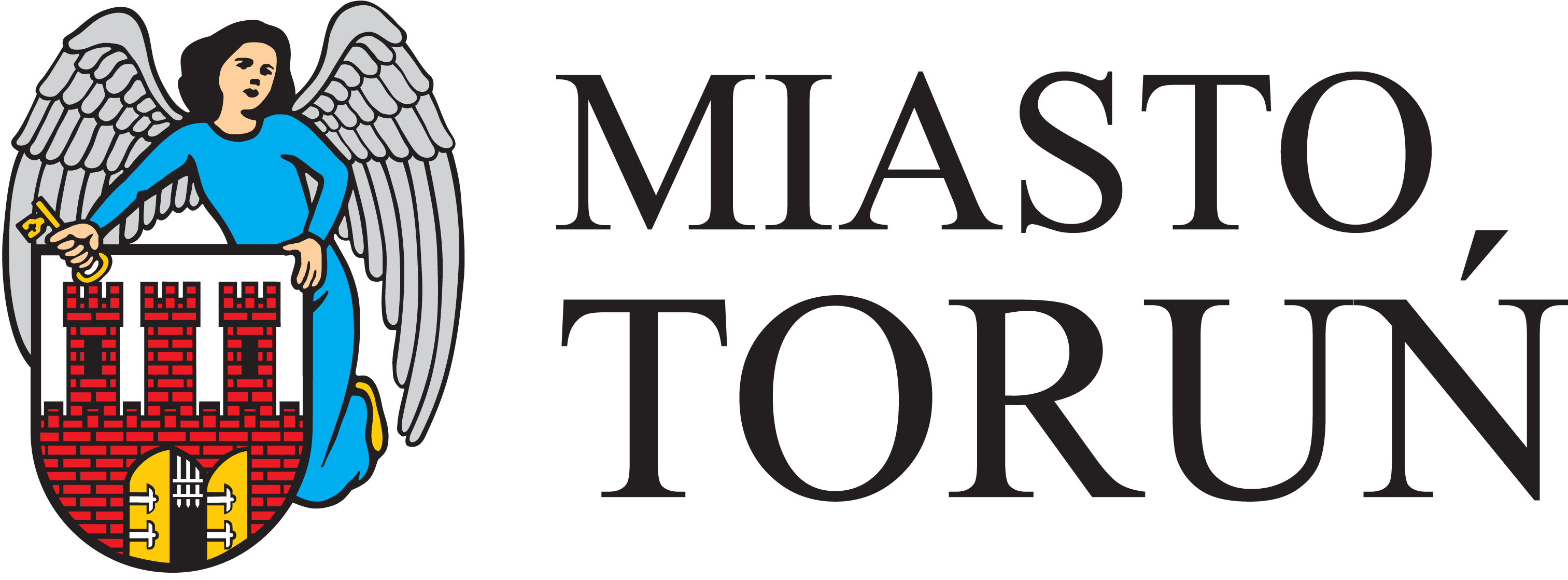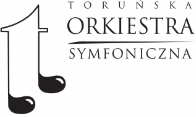Alexander Gadjiev - Winner of the 2nd Prize in the 18th International Fryderyk Chopin Piano Competition
Artists:
Alexander Gadjiev (Italy/Slovenia) - fortepian
Winner of the 2nd Prize in the 18th International Fryderyk Chopin Piano Competition.
Toruń Symphony Orchestra
Adam Banaszak − conductor
Karol Furtak - introduction
W programie:
A. Falenta – Hommage à Serocki (premiere)
F. Chopin – Piano concerto No. 2 in F minor Op. 21
W. Lutosławski – Little Suite for Orchestra
H. M. Górecki – Three Pieces in Old Style
H. Czyż – Canzona di barocco
Kazimierz Serocki and Fryderyk Chopin - on a casual inspection of the works of both composers, it would seem at first sight that they have little in common. This, however, is only an illusion. The work of Fryderyk Chopin in the last century was already one of the symbols characteristic of Polish musical culture; significant in this respect are, for example, the fact that after the Second World War, the first Polish festival established in Duszniki Zdrój was a monographic one devoted to the Polish Romantic born in 1810; on the other hand, contemplating the many examples of 20th-century compositions, both neoclassical and avant-garde, one can realize that Polish musical culture's attachment to Romantic expression determined its absorption into contemporary compositions of the previous century. In Serocki's case, this expression featuring romantic characteristic can be observed in works such as the Romantic Concerto (1950) and the Pianophonie (1978). In each, of course, it is achieved by different stylistic devices.
Let us just add that works by Fryderyk Chopin were present in the concert repertoire of Kazimierz Serocki, the pianist; thanks to Iwona Lindstedt and her publication, we know that in his recitals he combined Chopin's compositions with the repertoire of 20th-century music - works by Ludomir Różycki, Karol Szymanowski and his own (apart from these, also with European music of the last century). Serocki played polonaises, mazurkas, nocturnes, etudes and sonatas by Fryderyk Chopin.
A symbolic reference to this relationship is the presentation of the Piano Concerto in F minor, Op. 21 by Fryderyk Chopin, performed by Alexander Gadijev with the Toruń Symphony Orchestra. The first part of the concert, in turn, is a presentation of the diverse Polish musical culture of the 20th century, in the environment of which Kazimierz Serocki's music was created and performed. The oldest of these compositions is Witold Lutosławski's Little Suite - it represents a musical culture from before the first festival of contemporary music in 1956. Then, in 1950, Serocki functioned within the 'Group '49', trying to survive as an artist not accused of formalism in a musical culture dominated by the socialist realist aesthetic regime. Włodzimierz Sokoroski, the face of the “appropriate aesthetics”, in 1949 after the premiere of Witold Lutosławski's Symphony No. 1, commented that such a composer should be thrown under a tram. These significant words resulted in Lutosławski himself treating his works from the first half of the 1950s as 'substitute', utilitarian works. Little Suite in four movements: Fujarka, Hurra polka, Piosenka, Taniec was written in its first version on commission from the Polish Radio Orchestra. As one might expect - Lutosławski is inspired by folk melodies in it. A somewhat younger composition is Henryk Mikołaj Górecki's Three Pieces in Old Style for String Orchestra - written in 1963, it represents Polish musical culture already after the first 'Warsaw Autumn'. Górecki, known at the time as the author of Scontri or Genesis, was associated with avant-garde music and Three Pieces in Old Style was intended to answer Tadeusz Ochlewski's accusation that his works lacked melody. Górecki, taking advantage of the research into Old Polish musical culture that was popular in the milieu at the time, and inspired by the melodies he had learnt from them, composed his work in which he proved that the accusation he had received from Ochlewski had little support in the facts. At the same time, Górecki's composition can be regarded as a harbinger of the then slowly coming retreat from the language of the avant-garde. A representative of this tendency in Polish music, already dominant in domestic culture in the 1980s, is Henryk Czyż's Canzona di barocco composed in 1983. The composer himself called it a pastiche based on the Baroque style - 'dignified and reflective'. Like Serocki, Czyż has Toruń threads in his biography. He was born in Grudziądz and studied in Toruń - at the faculties of law and philosophy. Apart from his activity as a composer, he was known as one of the well respected Polish conductors, awarded for his recordings of, among others, Krzysztof Penderecki's music, a pedagogue (his student is, among others, Antoni Wit) and a publicist. It is worth adding that Henryk Czyż also served in the AK (Home Army) and took part in the Operation “Burza” in the Vilnius region. These are complemented by Hommage á Serocki, a piece inspired by the sonoristic compositional stylistic devices of Serocki's work, his method of 'composing with the tone colors' and reflecting the formal qualities of his works. The composition was written by the young Toruń-born composer Adam Falenta, born in 2005.
The concert will be accompanied by a lecture entitled Z życia Kazimierza Serockiego [About the life of Kazimierz Serocki], introducing the most important biographical threads of the composer against the background of Polish musical culture of the last century, prepared on the occasion of the 100th anniversary of Serocki's birth, which falls on 3 March.
Alexander Gadjiev - born on 23 December 1994. After studying for more than a decade with his father Siavush Gadjiev, he then studied at the Mozarteum under the guidance of Pavel Gililov and is now completing his Konzertexamen studies at the Hanns Eisler Hochschule in Berlin under Eldar Nebolsin. A BBC New Generation Artist 2019–22, he has won first prize in the 9th International Piano Competition in Hamamatsu, the Monte-Carlo Piano Masters in 2018, and the Sydney International Piano Competition in 2021. He has worked with symphony orchestras in Monte Carlo, Tokyo, Nagoya, Kyoto, Prague, Katowice (NOSPR) and elsewhere. His debut album, Literary Fantasies, featuring pieces by Liszt and Schumann, was released in 2018.
Adam Banaszak - is one of the most active conductors of the young generation. He specializes in opera, operetta, vocal-instrumental music and conducting ballet performances. He works for Wrocław Opera, but has also conducted performances at Kraków Opera, the Silesian Opera in Bytom and the Podlaska Opera and Orchestra in Białystok. He has conducted such performances as: Eugene Onegin by P. Tchaikovsky, Faust by Ch. Gounod, G. Puccini’s Madame Butterfly, Mascagni’s Cavalleria rusticana, R. Leoncavallo’s Pagliacci, Halka by Moniuszko, La Traviata by G. Verdi, Carmen by G. Bizet, Candide by L. Bernstein, Die Fledermaus by J. Strauss, The Gipsy Princess by I. Kalman. He conducted premiere performances of operas by Paweł Mykietyn (The Magic Mountain) and Zygmunt Krauze (Yemaya – Queen of the Seas). He has performed at festivals: Warsaw Autumn and Sacrum Profanum. He has conducted philharmonic repertoire concerts in: Bydgoszcz, Częstochowa, Jelenia Góra, Kalisz, Koszalin, Łódź, Opole, Płock, Poznań, Szczecin, Wałbrzych, Zamość. He has conducted the Sinfonia Iuventus Orchestra and recorded with the Polish Radio Orchestra and Beethoven Academy Orchestra. His performances and concerts have been broadcast by radio and television (TVP Kultura, TVP Polonia, Polish Television Channel 2, Polish Radio Channel 2, Rundfunk Berlin Brandenburg and many others). He holds a doctorate in conducting and is a lecturer at the Vocal Department of the Academy of Music in Wrocław. Since the season of 2020/2021 he has been the first guest conductor of Toruń Symphony Orchestra.
There is no intermission in the concert.
The event will take place in accordance with current recommendations and guidelines.
Please read the rules and comply with the GUIDELINES FOR THE CONCERT PARTICIPANTS. IN CONNECTION WITH THE ONGOING COVID-19 PANDEMIA.

